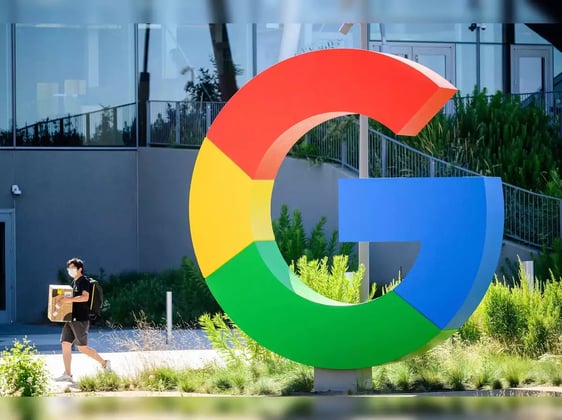The antitrust hearing for Google has been delayed, and the Supreme Court will address the case on a future date.
Google’s antitrust hearing has indeed been postponed, with the Supreme Court planning to take up the case at a later date. This hearing stems from ongoing concerns regarding Google’s dominance in the digital advertising market and its impact on competition.
Google has been facing significant challenges lately, both in India and globally. The company is currently embroiled in a new legal battle in India, centered on allegations of anti-competitive practices related to its Android mobile devices. The case claims that Google has established a monopoly that hinders competition.


Background
The antitrust case against Google involves allegations that the company engages in anti-competitive practices that stifle competition, particularly in its ad services and search engine. The Department of Justice (DOJ) and several state attorneys general argue that Google’s practices harm both competitors and consumers by creating barriers to entry in the market.
On September 19, 2024, the Supreme Court of India addressed the ongoing antitrust case against Google, with Senior Advocate Harish Salve representing the tech giant. He indicated that the hearing could take five to six days, but it was postponed because the bench, led by Chief Justice D.Y. Chandrachud, had other pending matters to address.
Recent Developments
Postponement Details: The postponement was announced recently, although specific reasons for the delay were not disclosed. Legal experts suggest that this may allow both sides to prepare more thoroughly for the arguments that will be presented to the Supreme Court.
Implications of the Delay: A delay could extend the timeline for a decision, which is critical for the broader tech industry, as the outcome may set precedents for future antitrust cases against other tech giants.
This development follows a ruling from the Competition Commission of India (CCI), which found Google guilty of abusing its dominant position within the Android ecosystem.
The CCI imposed a hefty fine of Rs 1,337.76 crore and mandated that Google allow users to choose their default search engine during device setup. Additionally, it prohibited Google from pressuring manufacturers to pre-install specific apps.
The CCI also directed Google to allow sideloaded apps, enabling third-party app stores on the Play Store, and to facilitate the sharing of APIs. Google challenged this decision in the National Company Law Appellate Tribunal (NCLAT), which ruled in March 2023 that the company was not required to comply with four of the CCI’s directives, but still ordered it to pay the fine within 30 days.
Dissatisfied with the outcome, both the CCI and Google appealed to the Supreme Court regarding the NCLAT’s mixed verdict. The Supreme Court had initially announced it would hear the case in September 2023, but with the recent postponement, the future remains uncertain for Google in India.
What's Next?
Supreme Court Hearing: The Supreme Court will review the case at a future date, which is yet to be determined. The decision could influence how antitrust laws are applied in the digital marketplace.
Potential Outcomes: If the Court sides with the DOJ, it could lead to significant changes in how Google operates, including potential divestitures or modifications to its business practices. Conversely, a ruling in favor of Google might reinforce its market position and set a precedent for less stringent antitrust enforcement.
Broader Impact
This case is part of a larger trend of scrutiny over Big Tech companies, with regulators increasingly focused on their market power and potential anti-competitive behaviors. As the digital economy continues to evolve, the outcomes of such cases will likely shape the regulatory landscape for years to come.
SHARE YOUR feedback
Subscribe for news
info@gadgetmentor.com
+91 8147926879
© 2024. All rights reserved.
